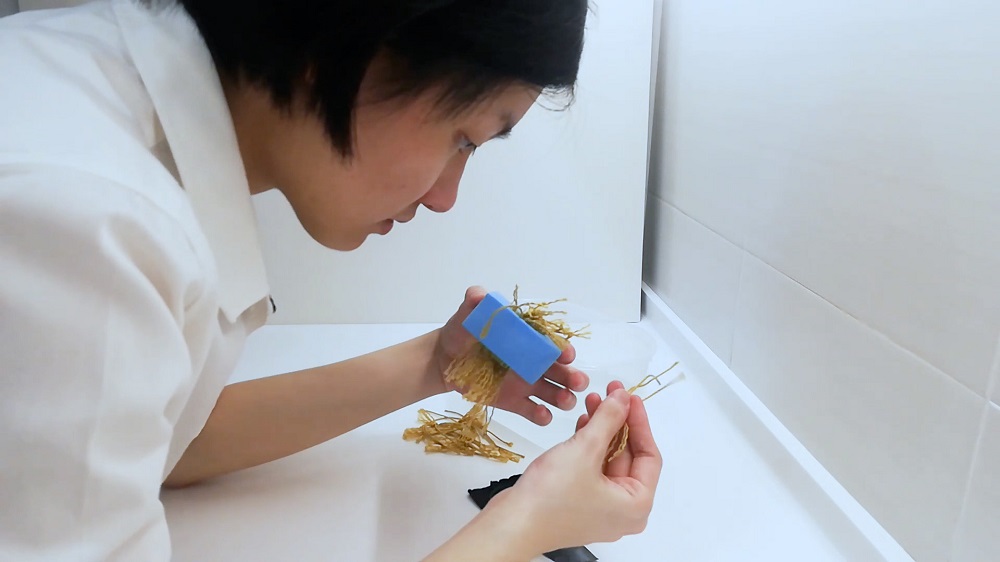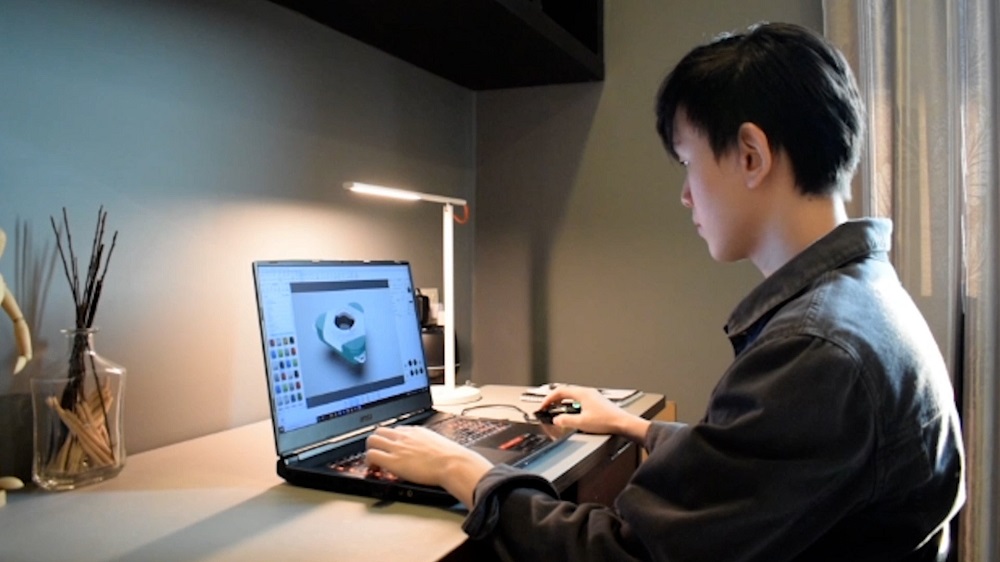PETALING JAYA, Aug 26 ― Three Malaysian students will be competing at the James Dyson Award for their invention of a sustainable seawater desalination pod that will provide sea nomads with access to clean drinking water.
The students from the Asia Pacific University of Technology & Innovation (APU) won a ticket to the international stage of the student design award after emerging champion at the national chapter competition yesterday.
Bennie Beh Hue May, Loo Xin Yang and Yap Chun Yoon, who are second-year students at the School of Media, Arts and Design (Somad), received a cash prize of RM10,000 and will be competing against 84 national finalists from around the world for the coveted honour that will take place at the end of the year.
The product design students created the WaterPod to resolve water problems faced by sea nomads like Sabah’s Bajau community to help improve their living conditions following a series of brainstorming sessions.
Sea nomads typically collect rainwater or barter for water from the nearest place where tap water is available.
With access to clean water, these communities can become self-sustaining by farming fruits and vegetables.
The students learned about the reality of sea nomads’ life through one of their lecturers Eekang Ooi, who works with a non-profit to assist sea nomads.
Ooi and another lecturer Saifullizan Abdul Wahab mentored the trio, who used the floatation concept for their WaterPod invention.

A wick system mimicking mangrove roots allows seawater to be absorbed while the product’s shape ensures its buoyancy on the water surface.
The vapours formed around the semi-spherical cover from evaporation will turn into water and flow into the storage chamber.
Finally, the collected desalinated water can be pumped out for daily use.
“We’re excited about what WaterPod can do to improve their lives, and we look forward to translating the vision of clean water for all into a reality,” said Beh.

“We would love to see WaterPod being installed for the sea nomad community and make a positive impact on their lives,” added Loo.
By winning this award, the students hope they can attract potential industry collaborators, investors and researchers to further develop the WaterPod.
“As the aim of creating this WaterPod is to provide clean water to the community to improve their livelihood, to be able to commercialise the unit will be a bonus for the sea nomads as a certain percentage of the profit can then be channelled back to work with the community,” said Yap.
Somad programme leader Christine Lim said the intention of participating in the competition was to showcase the young innovators’ ideas and works.

“Their innate love and drive for wanting to curate world-changing solutions pushed them to improve their technical and communication skills despite the challenging times,” said Somad associate head Debbie Liew.
“It is a major achievement for the students and more significantly for Somad and APU,” added APU vice-chancellor Hari Narayanan.
“Winning this award twice is a testament to the quality, innovativeness and the depth of experience we have in the areas of industrial design and product design.”
Open to university-level students or recent product design, industrial design and engineering graduates, the James Dyson Award challenges young minds to “design something that solves a problem”.
The award is organised by the James Dyson Foundation based in Chicago, Illinois, US.






















